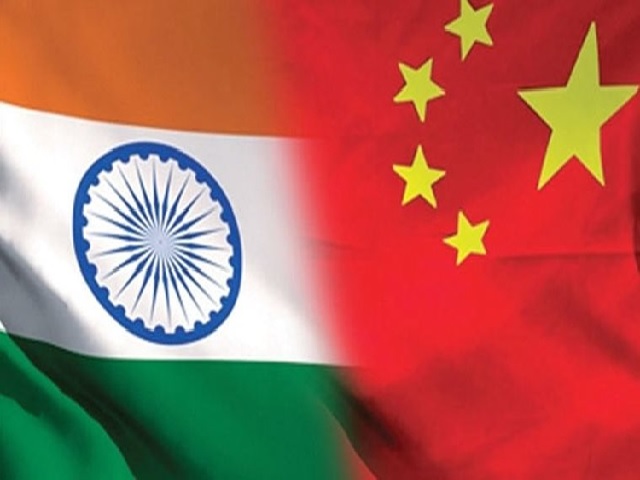In a significant policy shift, an inter-ministerial panel in India has approved investment proposals from Chinese firms in the country’s electronics manufacturing sector. This development comes even as India and China remain embroiled in a tense border standoff along the Line of Actual Control (LAC) in Eastern Ladakh.
Among the key approvals are investments from Luxshare, a prominent Apple supplier, and a joint venture between Huaqin Technology and the parent company of Indian smartphone maker Micromax. These approvals mark a departure from the stringent restrictions that India imposed on Chinese companies and investments in 2020, following provocations by the People’s Liberation Army (PLA) in Eastern Ladakh.
The 2020 restrictions were part of a broader strategy by India to limit Chinese economic influence in the country in response to the aggressive military posturing by China at the border. The measures included tighter scrutiny of investments from neighboring countries, with a specific focus on Chinese entities. The approvals now signal a cautious reopening of the Indian market to Chinese investments, particularly in sectors deemed crucial for the country’s manufacturing ambitions.
India’s decision to clear these investments reflects a nuanced approach to balancing economic interests with national security concerns. The electronics manufacturing sector is a critical component of India’s ‘Make in India’ initiative, aimed at reducing reliance on imports and boosting domestic production capabilities. By allowing investments from Chinese companies like Luxshare and Huaqin Technology, India appears to be prioritizing its industrial goals while maintaining a vigilant stance on national security.
The border standoff between India and China remains unresolved, with diplomatic and military talks continuing to seek a de-escalation. The tension has been a significant factor in shaping India’s foreign and economic policies over the past few years. Despite this, the recent approvals suggest a willingness on India’s part to engage with Chinese firms in sectors where collaboration could benefit its domestic economy.
The investments by Luxshare and Huaqin Technology are expected to enhance India’s position in the global electronics supply chain, particularly in the smartphone and consumer electronics markets. Luxshare, known for its close ties with Apple, could play a vital role in expanding Apple’s manufacturing base in India, a move that aligns with Apple’s strategy to diversify its supply chain away from China.
The joint venture involving Huaqin Technology and Micromax’s parent company is also poised to bolster India’s domestic smartphone production capabilities. Micromax, once a leading player in India’s smartphone market, has been seeking to regain market share amidst intense competition from Chinese brands.
While these approvals may signal a thaw in economic relations, they are unlikely to alter the broader geopolitical dynamics between India and China. The border dispute remains a significant point of contention, and India’s strategic community continues to advocate for caution in engaging with Chinese entities, especially in sensitive sectors.
As India navigates this complex relationship, the recent investment approvals highlight the delicate balance the country seeks to strike between fostering economic growth and safeguarding national security.



